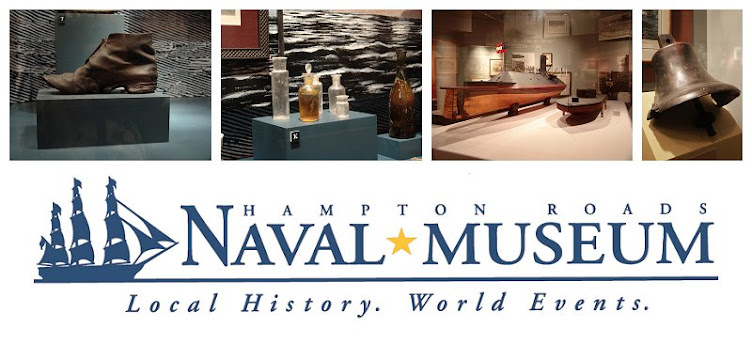Hampton Roads Naval Museum docent Hunt Lewis recently found evidence of a bold Navy-led plan that was hatched during these uncertain times. He then composed an exhibit panel designed to shed light on what was unquestionably one of the strangest psychological warfare initiatives of the entire war. Unfortunately, the museum is currently closed due to protective measures being taken in response to the COVID-19 outbreak sweeping over the nation, so his panel is being shown to the public here on our blog for the first time, exactly 69 years after the secret operation began.
 |
| The proposed museum panel. (Courtesy of J. Huntington Lewis) |


No comments:
Post a Comment